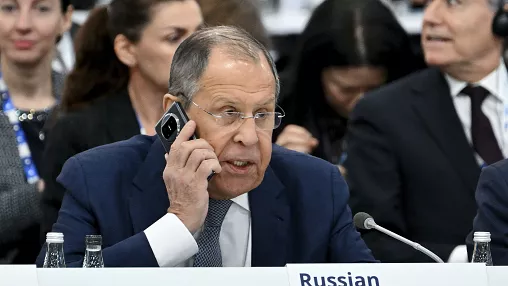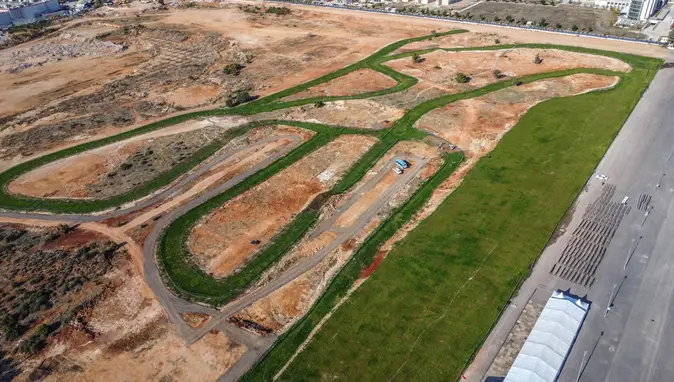Russian Foreign Minister Sergey Lavrov has confirmed that Russia is actively engaged in discussions with Turkey and Iran to find a resolution to the ongoing conflict in Syria. Lavrov’s statement comes amidst rising tensions and military confrontations in the region, where various factions, including government forces, opposition groups, and Kurdish militias, continue to fight for control over key territories.
Collaborative Efforts for Peace in Syria
During a press conference on December 4, 2024, Lavrov emphasized that Russia, as a key ally of the Syrian government, is working closely with both Turkey and Iran to stabilize the situation and promote peace in Syria. The three countries, which have supported different sides in the conflict, have been holding regular meetings in an attempt to mediate between the Syrian government and opposition factions.
Lavrov highlighted that these trilateral discussions aim to de-escalate the violence, facilitate humanitarian aid, and ensure that Syrian sovereignty is respected. He also pointed out that all three countries share a mutual interest in preventing the disintegration of Syria and limiting the influence of external powers, particularly in the country’s northern and eastern regions.
The Role of Turkey and Iran
Turkey and Iran, despite their different regional priorities, have become crucial partners in efforts to end the Syrian conflict. Turkey, which has supported certain opposition groups, particularly those in the northwest, is concerned about the influence of Kurdish militias on its southern border. It has been involved in several military operations in Syria aimed at curbing Kurdish autonomy.
On the other hand, Iran has been a strong supporter of the Assad regime, providing military assistance and deploying its own forces in the conflict. Iran’s influence in Syria is primarily driven by its geopolitical and strategic interests, as it seeks to maintain its presence in the Levant to counterbalance U.S. and Israeli influence in the region.
Lavrov’s statement underscores the complexity of the Syrian conflict, where regional powers, each with their own objectives, are attempting to negotiate a path forward while navigating their competing interests.
Ongoing Diplomatic Challenges
The diplomatic efforts of Russia, Turkey, and Iran face significant challenges. Despite the shared interest in resolving the conflict, tensions between the three countries remain, particularly regarding their differing stances on the Kurdish issue and their relationships with the Syrian government. Turkey has been particularly vocal about the presence of Kurdish forces, which it views as terrorist organizations, while Russia and Iran have not taken such a hardline stance.
In addition, external actors, including the United States and various European countries, have complicated efforts to bring about a lasting peace agreement. The continued presence of foreign military forces, including U.S. troops in the northeast and Turkish forces in the northwest, adds another layer of complexity to the peace process.
The Path Ahead
Despite these challenges, Lavrov expressed optimism about the trilateral discussions, noting that diplomatic efforts are the only viable solution to the Syrian conflict. The involvement of Turkey and Iran is seen as crucial for reaching a long-term settlement, as both countries wield significant influence over key factions on the ground. However, the path to peace remains fraught with difficulties, and it is unclear whether these diplomatic efforts will lead to a comprehensive ceasefire or a final resolution.
Lavrov also indicated that Russia will continue to engage with other international stakeholders to ensure that the eventual solution to the Syrian conflict is broad-based and takes into account the interests of all parties involved.
Conclusion
Sergey Lavrov’s comments highlight the ongoing diplomatic efforts by Russia, Turkey, and Iran to resolve the Syrian conflict. While these discussions offer hope for a peaceful solution, the complexities of the conflict and the competing interests of regional powers present significant obstacles. As the situation in Syria continues to evolve, the role of international diplomacy remains critical in seeking an end to the war and restoring stability to the region.




